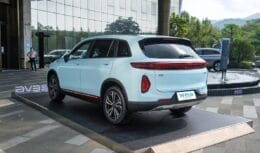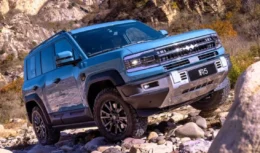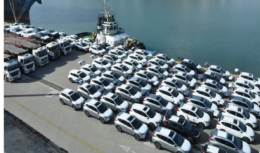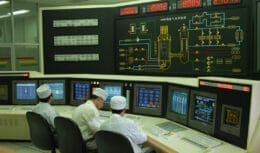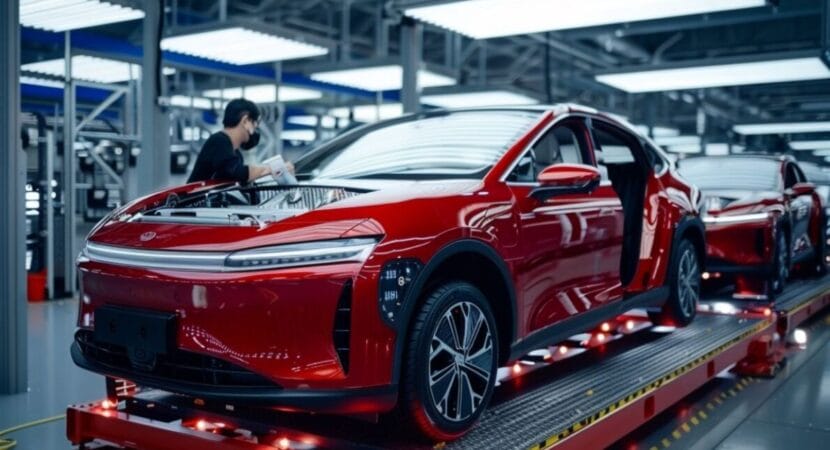
BYD announces the second generation of its Blade LFP batteries, offering 27% greater energy density, which increases the range of electric vehicles and significantly reduces production costs.
BYD, a leader in battery technology, has just announced a significant advanceo with the launch of the second generation of its Blade LFP batteries. This new model promises to be a game changer for the electric vehicle market, offering an energy density 27% greater than previous versions.
BYD's new Blade battery, known for its slim and efficient form factor, now achieves an energy density of 190 Wh/kg, surpassing its previous version of 150 Wh/kg. This substantial improvement in energy density means that vehicles equipped with these batteries will have a significantly longer range, while maintaining the same reliability and safety as LFP (lithium iron phosphate) batteries.
New version of BYD's Blade battery comes even closer to CATL battery capabilities
While BYD's Blade battery was already known for its safety and durability, the new version comes even closer to the capabilities of CATL batteries, which lead the market in terms of charging speed. While Shenin batteries can charge faster, BYD is closing the gap with the second generation Blade, which promises improvements not only in energy density but also in charging efficiency.
This evolution of BYD's Blade batteries represents a significant competitive advantage
This evolution of BYD's Blade batteries represents a significant competitive advantage, potentially reducing the production costs of electric vehicles and making them more affordable. O BYD CEO, Wang Chuanfu, highlighted during a financial disclosure event that the new battery is smaller, lighter and more efficient, characteristics that will contribute to a reduction in energy costs per 100 km traveled.
Range of up to 1000 km in the CLTC cycle
Expectations are that the new generation of the Blade battery will allow electric vehicles to achieve a range of up to 1000 km in the CLTC cycle, which would translate into approximately 800 km in the EPA cycle. Such numbers place BYD vehicles in an extremely competitive position, including against more expensive and less accessible battery technologies, such as the semi-solid batteries used in some high-performance vehicles.
In addition to technical improvements, BYD continues to emphasize the safety of its Blade batteries
In addition to technical improvements, BYD continues to emphasize the safety of its Blade batteries. Tests have shown that these batteries are highly resistant to extreme physical damage, such as puncturing and crushing, without risk of fire – a crucial advantage when considering the safety of electric vehicles.
The introduction of BYD's second generation Blade LFP battery is set to revolutionize the electric vehicle market, offering significant improvements in terms of cost, safety and energy efficiency. With this innovation, BYD not only reinforces its commitment to sustainability, but also solidifies its position as a technology leader of batteries for the future of electric transport.
BYD's new generation Blade LFP battery promises to revolutionize the electric vehicle market with significantly higher energy density. What do you think this means for the future of electric vehicles? Join the discussion in the comments below and share your ideas and expectations about this BYD innovation!

